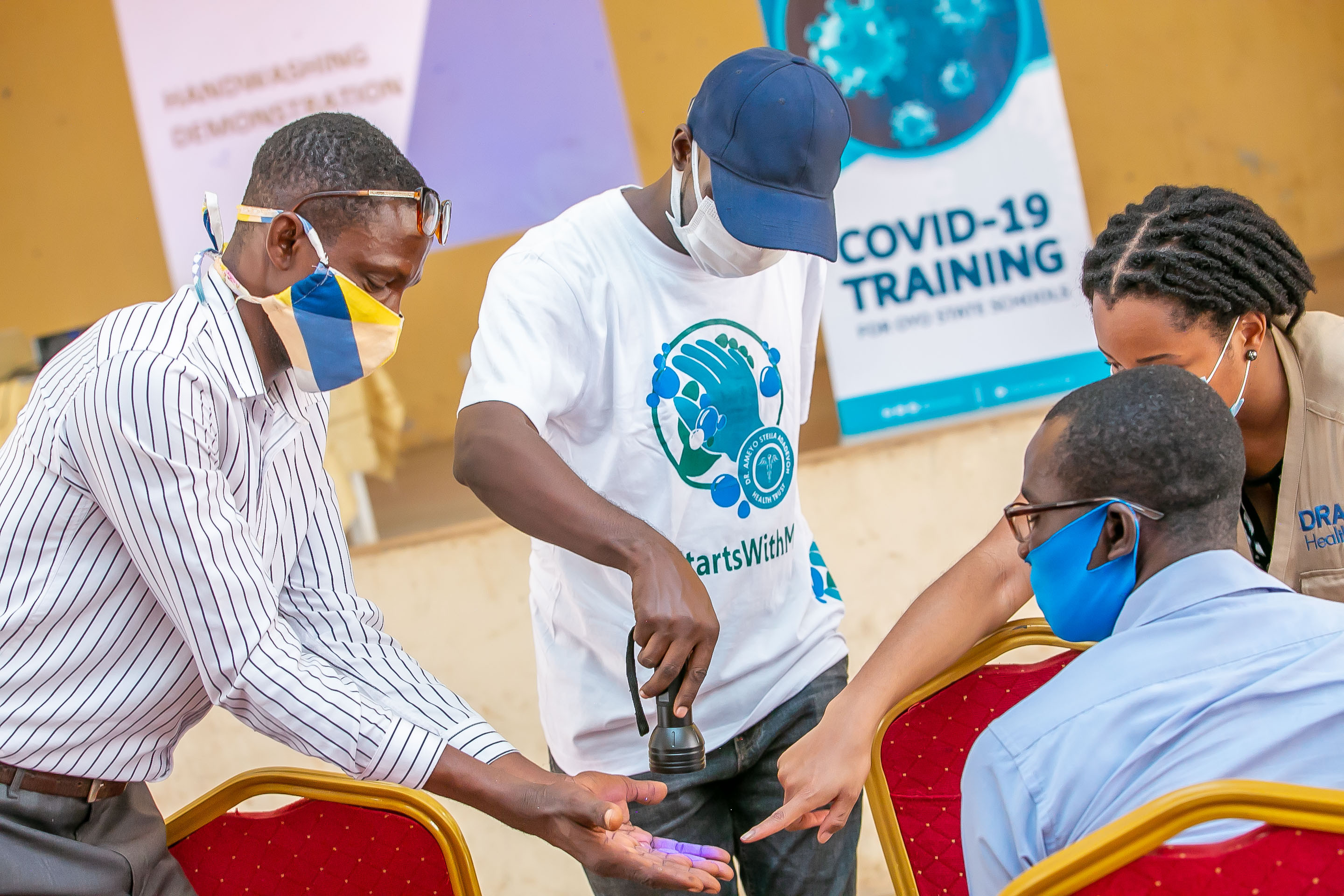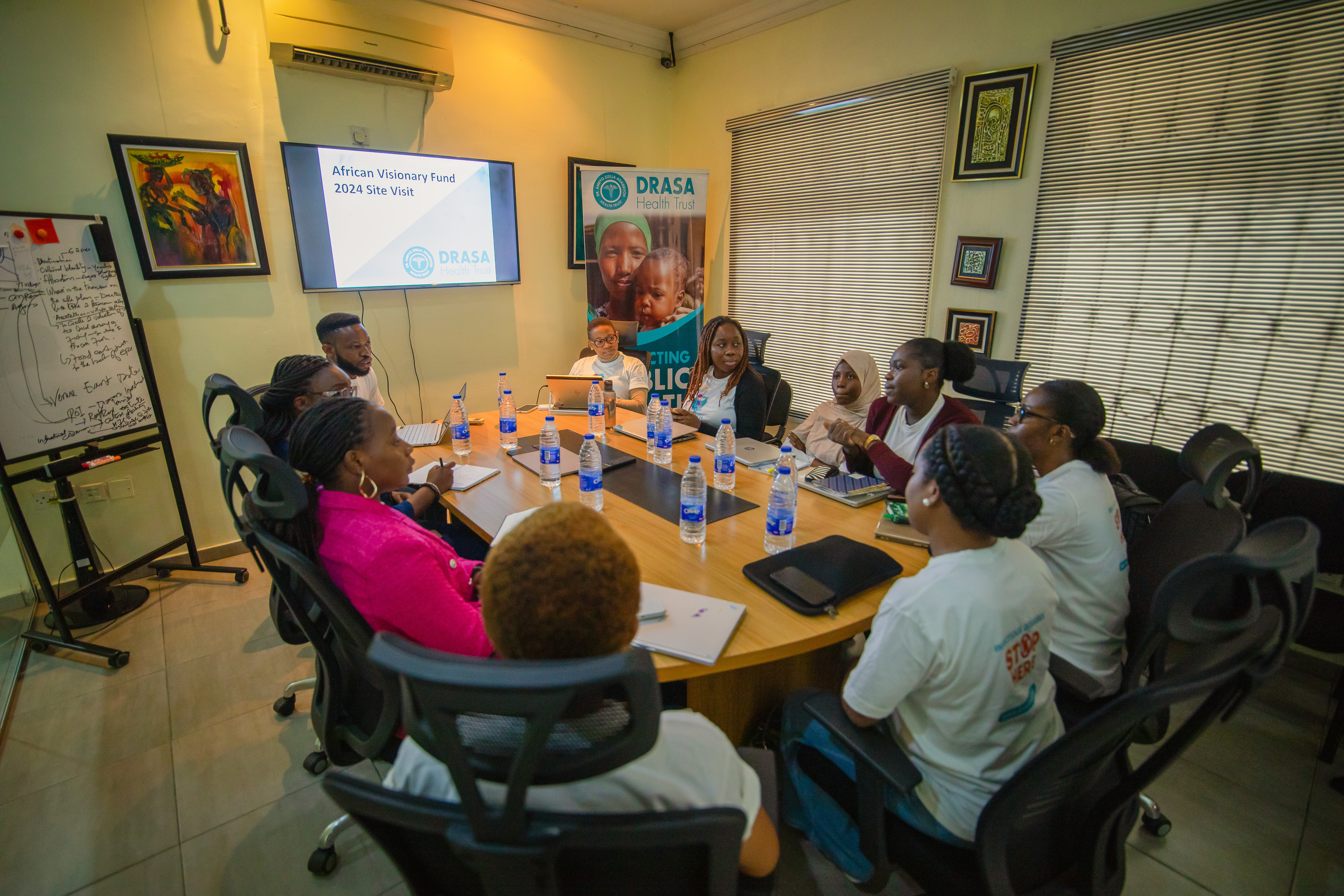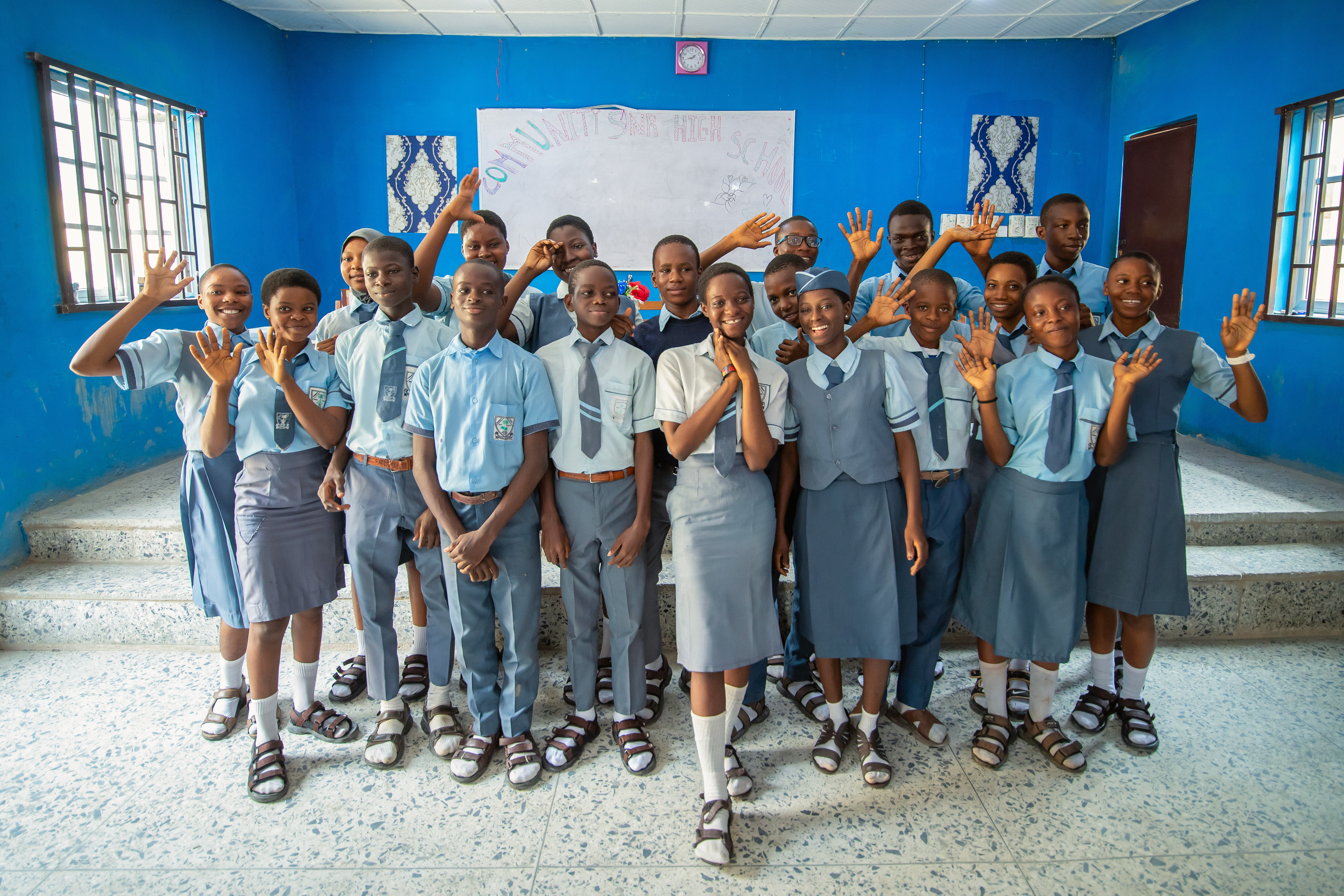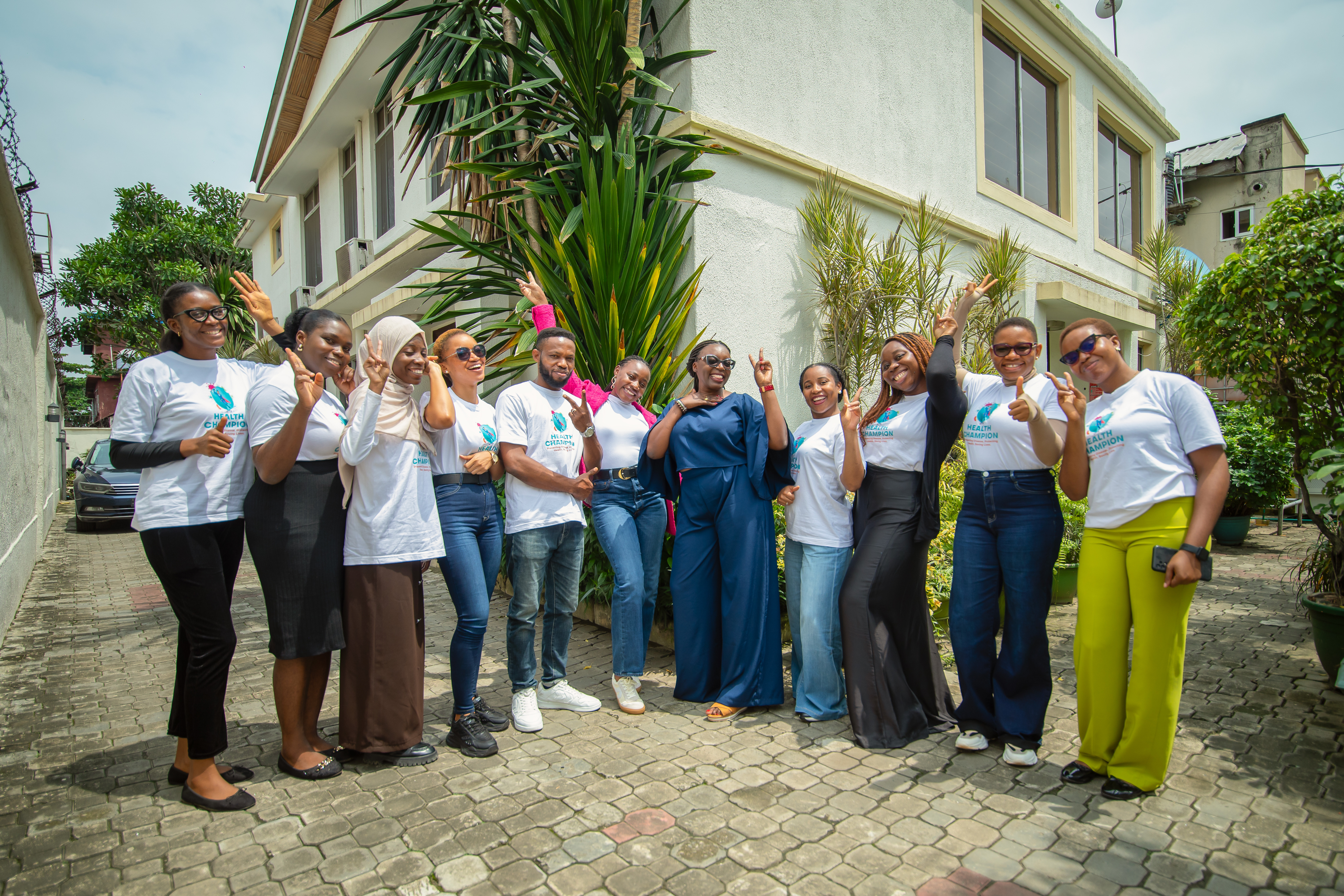2023: A Year of Impact with DRASA Health Trust

In 2023, DRASA Health Trust (DRASA) took a leading role in advancing Nigeria’s public health landscape. Chosen to spearhead the nation’s five-year public health strategy, DRASA focused on combating antimicrobial resistance and strengthening health security. Following high-level discussions on AMR at the United Nations General Assembly (UNGA), the Nigerian government launched the National One Health AMR Action Plan 2.0 in October 2024.
“It’s been one of our biggest learning experiences,” reflected Niniola Williams, DRASA’s Managing Director. The monumental task involved coordinating with over 100 national and international stakeholders, ranging from the World Health Organization and Nigeria’s Pharmaceutical Council to smallholder farmers. This strategic inclusion of diverse sectors was crucial to crafting a comprehensive, actionable and holistic plan for all.

Shifting Focus: A Holistic Approach to Public Health
Historically, Nigeria’s public health initiatives have predominantly concentrated on human health, often siloed from environmental and animal health initiatives. Recognizing this gap, DRASA championed a “one health” approach, integrating perspectives across human, animal, and environmental health to form a unified strategy. “We worked with everyone from our pharmaceutical council to environmental monitoring agencies,” Williams noted, emphasizing the project’s inclusivity.
The strategy DRASA developed outlined over 450 prioritized activities, each carefully evaluated to ensure practicality and financial feasibility. “We didn’t just create a wish list but crafted an actionable, monitorable and costed framework,” Niniola emphasized. The strategy now awaits formal approval from key governmental officials, including the ministers of Health, Environment, Agriculture, and the new Director General of Nigeria’s Center for Disease Control and Prevention.

Of the 400+ prioritized activities, Niniola and her team are particularly excited about the initiatives that foster grassroots and community-level engagement, particularly among the youth. “We’re excited that the government recognizes the importance of incorporating community input right from the start,” Williams expressed. This shift towards community engagement aims to bridge the gap between high-level policy discussions and community realities, ensuring that the initiatives are both relevant and impactful. They were also encouraged by the widespread interest in improving data collection at the community level.
“The strategy development process uncovered significant gaps in the understanding of community-level needs at the national level and generated a strong interest in collecting, analyzing, and publishing community-level data,” Williams explained. This data is essential for informed decision-making and effective resource allocation toward programs and initiatives that will affect the lives of millions.
Looking Ahead: A Vision for 2024
As the strategic plan advances to the implementation phase, Williams reflects positively on the experience. “Engaging so many stakeholders at once was challenging at times but incredibly rewarding,” she shared. With the strategy close to official approval, Williams is eager to see how this experience paves the way for future multi-sectoral collaborations in the health sector and beyond.

Launching the Public Health Academy
What does 2024 have in store after such an eventful year? DRASA is excited to launch its Public Health Academy to centralize and enhance its public health training and advocacy efforts. The academy will not only enhance the capacity of health workers through specialized training programs, but also engage students, community leaders, and the general public in health education and advocacy - building a network of informed advocates for public health.
IPC Training: A Flagship Initiative
One of its flagship initiatives, the Infection Prevention and Control (IPC) training certificate course, exemplifies DRASA’s commitment to upskilling Nigeria’s healthcare providers. Established in 2018 with the University of Lagos, the year-long program equips healthcare personnel with vital skills to curb the spread of infectious diseases. Since its inception, the program has trained over 1,700 healthcare workers and now, DRASA plans to extend these training opportunities to the central and eastern regions of Nigeria, to make the training more accessible nationwide.
Shaping Nigeria’s Public Health Landscape
“Embedding IPC in every health facility is critical to reducing preventable infections and improving health outcomes,” asserts Williams. Her commitment to this issue is deeply personal, influenced by the tragic loss of her aunt, Dr. Ameyo Stella Adadevoh, who lost her life while diagnosing and containing Nigeria’s first Ebola case in 2014. Reflecting on what drives her and the team, Williams explains,
Each of us has a story that drives us to do what we do. But we are all deeply passionate about and dedicated to building a stronger public health system for all Nigerians."
Niniola Williams’ definition of being an African visionary encapsulates DRASA’s ethos perfectly: prioritizing local resources and solutions to address local problems. “We have all that we need within ourselves, and it really comes down to us making that level of commitment,” Williams stated, expressing a powerful call to action for self-sufficiency and localized problem-solving. Williams’s personal motivation stems from profound personal loss due to systemic health failures, which fuels her commitment to preventing similar tragedies through systemic health improvements.
DRASA is not just envisioning a healthier Nigeria—they are making it happen. To learn more about DRASA Health Trust, visit drasatrust.org.

Photos taken by Petros Teka
Donate
Help us get more funding to African visionaries and unlock transformational change.